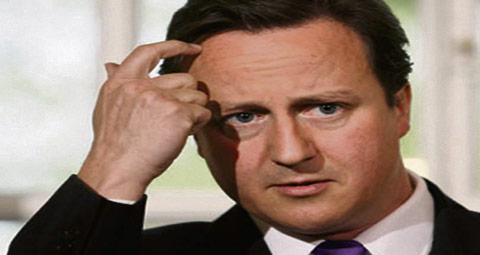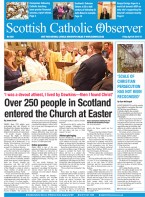BY Ian Dunn | December 7 | ![]() 0 COMMENTS
0 COMMENTS ![]() print
print

SPUC challenges MPs on imminent same-sex ‘marriage’ bill
The pro-life group petitions every MP to vote against the Westminster bill that could be presented as early as next week, and vows to campaign against any MP who votes for it
The Society for the Protection for Unborn Children pro-life group has written to every MP urging them to reject David Cameron’s government’s same-sex ‘marriage’ bill that could be brought before Westminster as early as next week.
SPUC’s letter dismisses the government’s plans as ‘dishonest’, ‘high-handed’ and ‘shoddy’ and tells MPs traditional marriage provides a more secure and safe environment for children. The group says it will actively campaign against MPs who back any redefinition of marriage at the next General Election.
“Marriage is embedded in the fabric of society,” SPUC’s letter states. “Marriage is unquestionably the best setting for children to be conceived, born and raised and to receive their first education. The marriage-based family is also (and critically for us who defend unborn children) the safest social context for new life.”
The letter goes on to say that the legislation is designed to encourage the persecution of Christians saying the Government knows ‘full well that churches which refuse to co-operate will be denied civil recognition of their marriage rites or face worse persecution’.
The letter also lays out SPUC’s planned response, telling MPs they will ensure voters are informed if they take an anti-family stance.
“The recent by-election results have proven disappointing for both Conservative and Lib-Dem parties,” the letter states. “This is not surprising, given the usual run of mid-term contests. What was most notable was the strong showing by UKIP, which broadly supports real marriage. SPUC has never taken a party political line, but we do tell people where individual election candidates stand, and our activists have highlighted the position of UKIP candidates alongside others in these contests. We will continue to inform electors of candidates’ voting records and voting intentions on a wide range of issues in future elections.”










